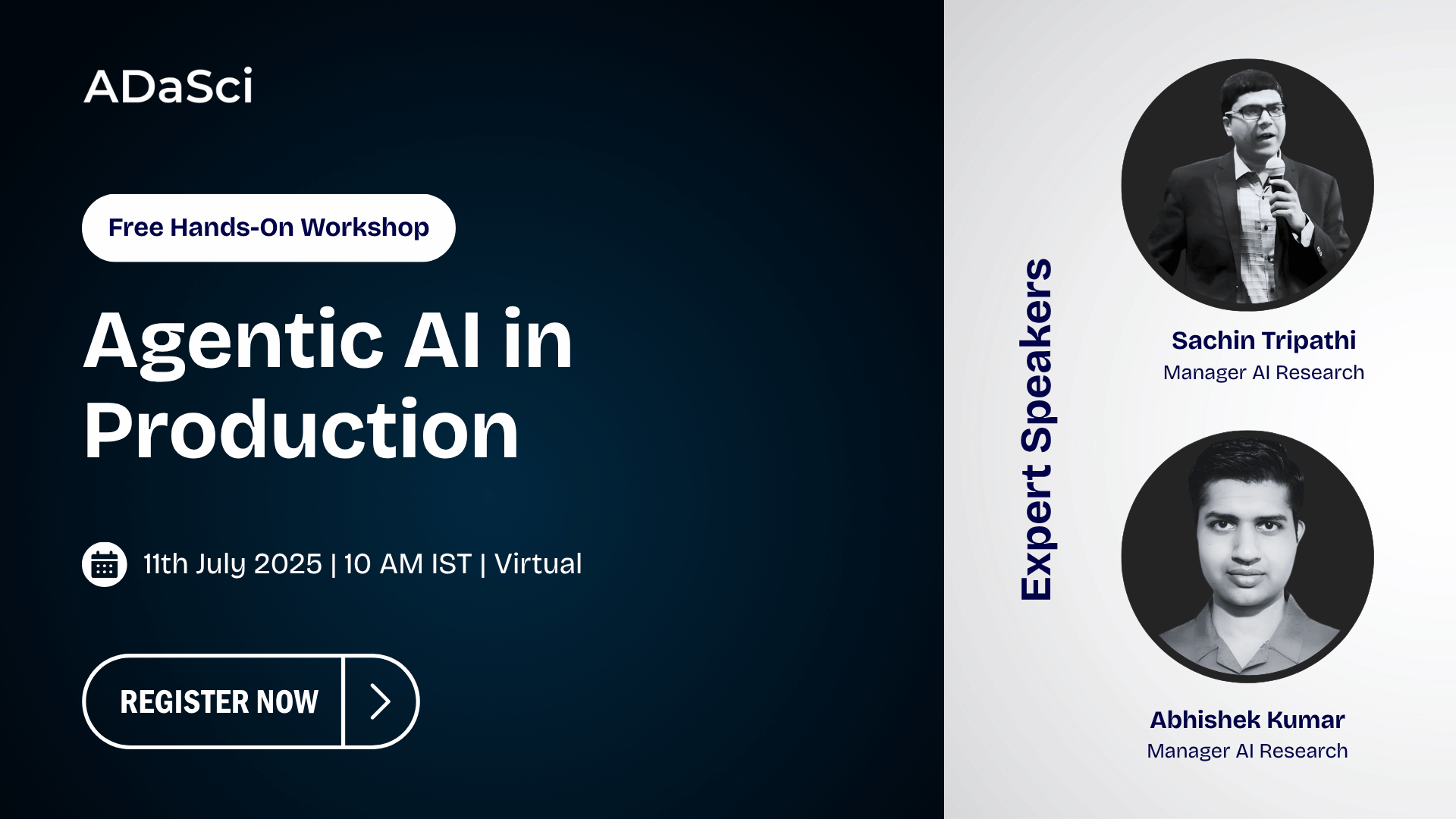Responsible Generative AI: Unveiling Risks, Challenges & Best Practices

Explore more from ADaSci
The masterclass titled “Responsible Generative AI: Unveiling Risks, Challenges & Best Practices,” presented by Monica Kutari, an IT professional with over two decades of experience, addresses these critical issues. This masterclass was conducted as part of the AIM community’s initiative, “AI Forum For India,” set up in collaboration with Nvidia. The community, accessible here, serves as a platform for discussing and disseminating knowledge on AI.
The Promise and Perils of Generative AI
Generative AI, capable of creating new content from natural language inputs, is revolutionizing various sectors. Its methods, including deep learning and reinforcement learning, are exemplified by models like OpenAI’s GPT. However, this innovation brings with it a host of risks. Kutari points out how generative AI could reshape economies and job landscapes, citing Accenture’s research indicating a high potential for automation in nearly 50% of today’s work.
Key Risks and Challenges
- Defects and Misinformation: The technology can generate convincing but false narratives, leading to misinformation and identity theft.
- Hallucinations: AI systems might produce confident but inaccurate or fabricated information.
- Bias and Discrimination: AI can perpetuate societal biases present in the training data.
- Societal Impact: Generative AI’s adoption could deepen social inequalities and affect marginalized communities.
- Explainability and Transparency: The complexity of AI models raises concerns about accountability and ethical use.
- Copyright Issues: Ownership of AI-generated content and its legal implications are still debated.
- Security Risks: Potential data breaches and memorization of confidential information are significant concerns.
- Privacy Concerns: Using personal data in training AI models can lead to privacy violations and legal liabilities.
Best Practices and Frameworks
The masterclass emphasizes the need for best practices and frameworks to address these risks. Leading companies like Google and Microsoft are pioneering strategies for building AI tools ethically and responsibly. This includes bias-free training data, transparent AI decision-making processes, and adherence to legal and ethical standards.
The Role of Individuals and Organizations
Kutari highlights the crucial role of individuals and organizations in the responsible use of generative AI. Awareness and proactive steps are necessary to mitigate risks like bias, misinformation, and others.
Conclusion
As generative AI evolves, balancing its benefits with responsible and ethical use is imperative. The insights from Kutari’s masterclass, part of the “AI Forum For India” initiative by AIM community and Nvidia, provide a roadmap for the technology’s responsible development and application. It’s essential to remain vigilant about its societal impact, ensuring that generative AI enhances our collective well-being.
This article is based on the masterclass “Responsible Generative AI: Unveiling Risks, Challenges & Best Practices” by Monica Kutari, conducted as part of the AIM community’s “AI Forum For India,” in collaboration with Nvidia. The community can be joined here.





